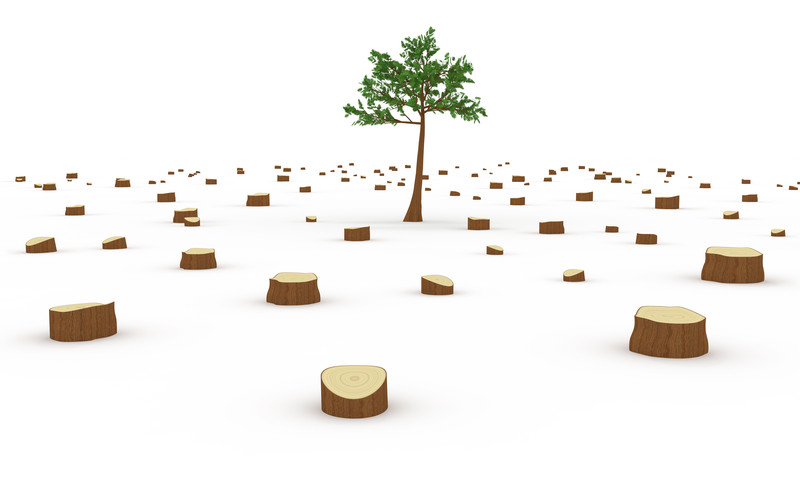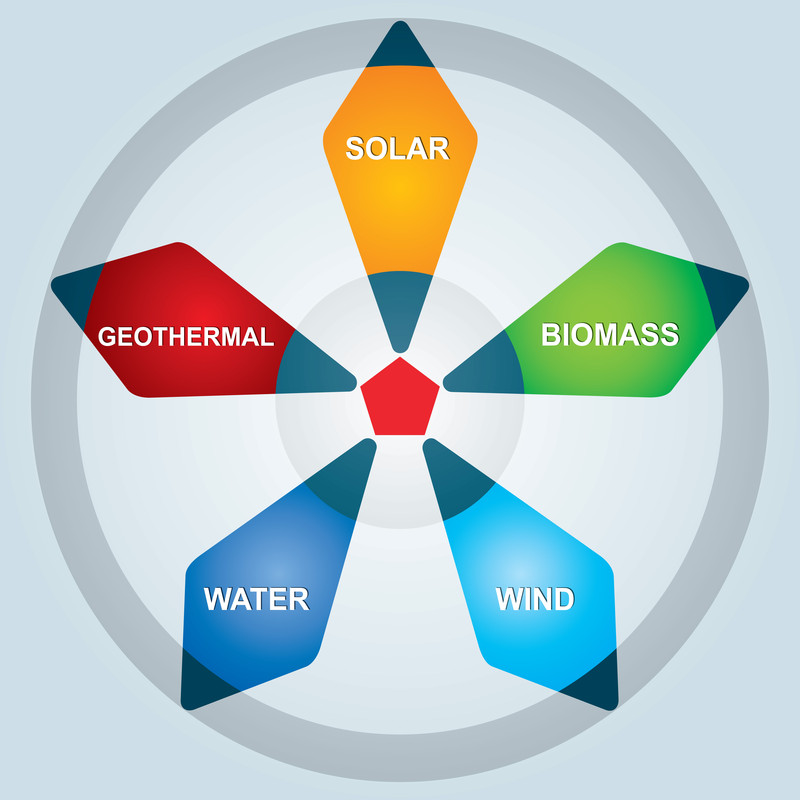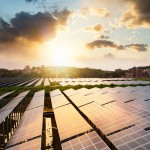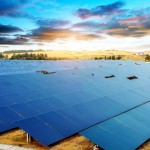
Important Facts You Should Know About Deforestation
The practice of deforestation includes the cutting of trees to clear land for other uses. In most cases, deforestation has two purposes. The first is to collect trees so that the wood can be used as a resource to build homes and other structures, craft furniture, and create a vast array of paper products, just for example.
The second purpose is to create open spaces, devoid of trees. This is often done to make way for agriculture and civilization. The population continues to grow and humans need more space to live and cultivate food sources (agricultural interests like farming and ranching). Deforestation is the result.
Unfortunately, deforestation is not so great for our planet. There are a wide variety of negative consequences associated with eliminating vast areas of forested land. Here are a few important facts you should know about deforestation.
Leads to Habitat Loss
In recent years, the term “biodiversity” has become much more popular. Although most people are more concerned with green energy than habitat loss, the two issues are equally troubling when it comes to the future of our planet and the survival of the human race.
According to National Geographic, deforestation is responsible for the loss of forested lands equaling the area of Panama each year, and at the rate we’re going, the rain forest will be wiped out in less than a century. This is bad news on the biodiversity front.
The plants and animals that live in these forested lands are being wiped out right along with the trees. Without the shelter and food provided by their natural habitat, they cannot survive. What does this mean for humanity?
Biodiversity, put simply, is the variety of life in the world, including flora and fauna. The National Wildlife Federation estimates that there are between 3 and 30 million species on Earth (possibly more), although we have identified fewer than 2 million species. In addition, the largest biodiversity exists in the rainforest, which is rapidly being lost to deforestation.
Why is this important? Plants and animals are not only used as food sources for humans, but they can also be the key to curing diseases. In addition, they perform a variety of essential functions.
You probably learned in elementary school that trees absorb carbon dioxide and produce the oxygen we need to breathe. They also help to clean the air by absorbing pollutants, while plants in wetlands help to keep water clean.
Biodiversity is also important because of the interchange between species. There’s a lot of hubbub lately about waning bee populations. This is because bees are needed to pollinate plants.
Without them, many species of plants could die out, reducing food sources, which could, in turn, affect animal populations. You can see the domino effect.
Of course, biodiversity is also pleasing on an aesthetic level. Humans enjoy variety. With the habitat loss that accompanies deforestation, however, a loss of biodiversity is unavoidable.
Increases Global Warming
The second major problem associated with deforestation is global warming, an occurrence that nearly everyone is familiar with these days. It’s true that the major contributor to global warming is the production of greenhouse gases, which is why energy companies in Florida and across the U.S. are adopting renewable energy solutions and individual homeowners are seeking out energy alternatives like solar panels.
Before you get it into your head that you need to compare energy prices, however, you should know that deforestation is also to blame for global warming. Without trees to pull carbon dioxide from the air and reduce air temperatures through transpiration, ozone-forming chemicals increase and combine with the heat of the sun to fuel the global warming trend.
This is, of course, a vast simplification of an extremely complex process, but forests definitely have a part to play in keeping our planet healthy, and the sooner we realize it, the sooner we can start to make positive changes.
It’s Not Too Late
People make changes for the good of our planet every day. Whether you seek out the services of natural gas companies in Florida, you research energy alternatives for your home, or you start buying locally-sourced, organic products, you can do your part to cut your carbon footprint.
It will take a lot more than a few people switching to green energy resources to make a real difference. Raising awareness of issues like global warming, habitat loss, and deforestation is the key to making significant change. So get involved, learn more, and do your part to spread the word about the dangers of deforestation to our planet and the future of humanity.












Thank you for reading!
Leave a reply